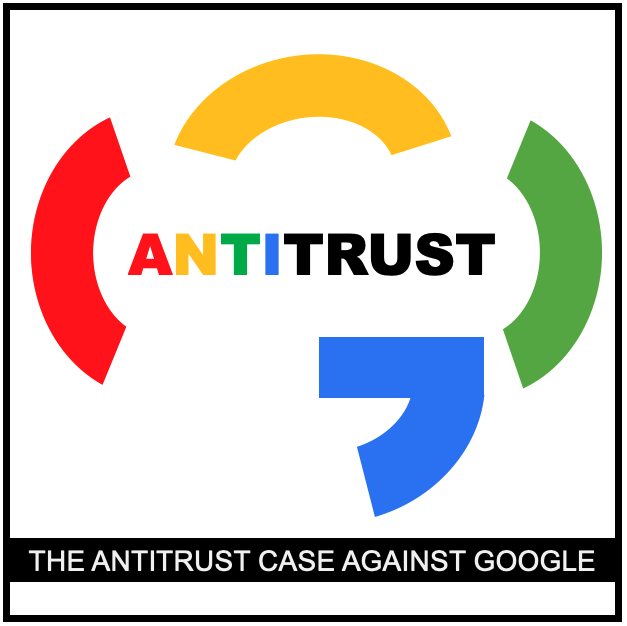The Antitrust Case Against Google
The Antitrust Case Against Google Perspectives from highly regarded competition law attorneys, litigators, and economists. This overview and Q&A has been developed for advertisers, mobile device makers, app developers,corporate counsel, business writers, and search market participants. The U.S. Department of Justice and 11 states have filed a sweeping antitrust suit against Google alleging the tech giant abuses its position as "monopoly gatekeeper for the internet" to block competitors. The complaint says Google has used anticompetitive tactics to maintain and extend its monopolies in the markets for general search services, search advertising, and general search text advertising. The federal and state governments charge Google uses "exclusionary agreements, including tying arrangements" to "lock up distribution channels and block rivals." Google's considerable wealth helps make this happen. Google pays billions of dollars a year to distributors to secure their position as the default search engine, and prohibits these companies from dealing with Google competitors. Google's exclusionary strategy is being applied more harshly in newer technologies, such as voice assistants, and in its goal of dominating other platforms in the IoT category, such as smart speakers, home appliances, and autonomous cars. Without a court order, the government plaintiffs say, "Google will continue executing its anticompetitive strategy, crippling the competitive process, reducing consumer choice, and stifling competition." What does all of this mean to [...]


